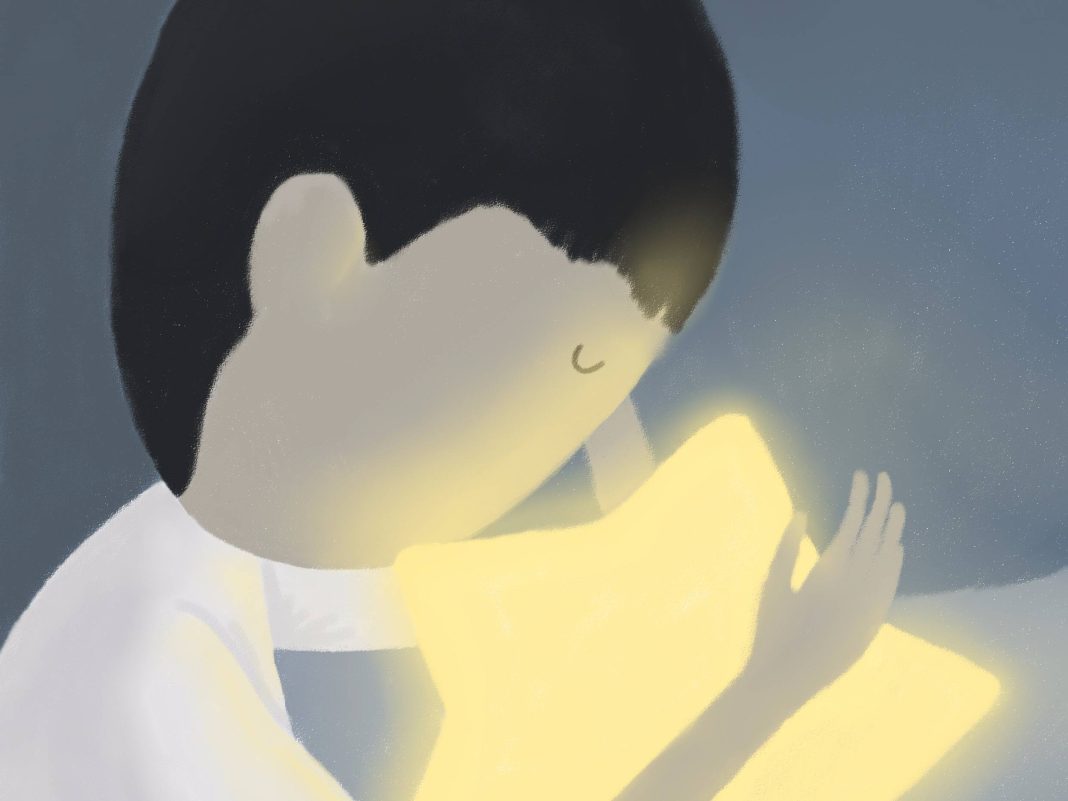In the journey of a child’s growth, every parent hopes that their child can be cheerful and lively, playing carefree with their little friends. However, when parents notice that their child tends to be more solitary and unwilling to interact with other children, they can’t help but worry whether this is a sign of autism. Today, let’s explore the reasons behind a child’s solitary nature, as well as the differences between it and autism, to guide the direction of a child’s healthy growth.
The Complexity of Solitary Nature
Firstly, it’s important to clarify that a child’s solitary nature doesn’t necessarily equate to autism. Solitariness may simply be a personality trait, manifesting as a child preferring solitude, introversion, shyness, or a certain level of guardedness towards new environments and new people. The formation of this personality trait may be influenced by various factors such as genetics, family environment, early educational experiences, and more.
The Core Features of Autism
In contrast, autism is a more complex neurodevelopmental disorder, with its core features going beyond solitariness. Children with autism exhibit significant abnormalities in social interaction, communication, and behavioral patterns. They may find it difficult to understand others’ emotions and intentions, lack eye contact, have restricted language expression or engage in repetitive, stereotyped speech patterns. Additionally, children with autism may also show intense fascination with specific objects or activities, as well as high sensitivity to or resistance towards environmental changes.
How to Differentiate?
To distinguish between a child’s solitary nature and autism, parents can observe from the following aspects:
Social Desire and Ability: Solitary children may simply be less adept or willing to initiate social interactions, but can still engage in basic communication when invited or guided. Children with autism may completely lack the desire for social interaction and struggle to integrate even when forced to participate in social activities.
Language Development: Solitary children may have normal or slightly delayed language development, but usually don’t experience severe obstacles in language comprehension and expression. Children with autism may exhibit significant delays in language development, along with difficulties in language communication.
Behavior Patterns: Solitary children’s behaviors may be relatively singular, but not necessarily rigid and repetitive. Children with autism often display repetitive and stereotypical behaviors and interests, such as organizing items repeatedly or walking in fixed patterns.
Emotional Responses: Solitary children may be more introverted in terms of emotions, but still have a level of perception and reaction to others’ emotional changes. Children with autism may have noticeable deficiencies in emotional understanding and expression, making it difficult for them to establish emotional connections with others.
【Contact for removal if infringement】.


